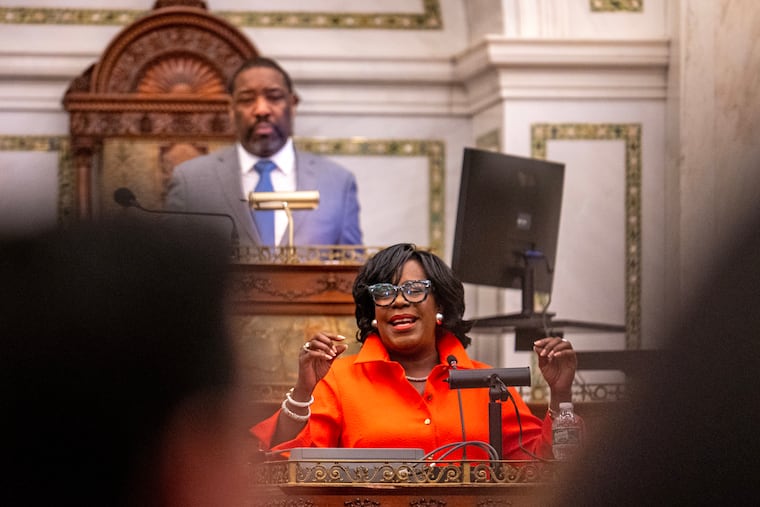City Council questions Land Bank on sale of just 1,017 vacant properties in more than 10 years.
Mayor Cherelle L. Parker is banking on 6,000 city-owned vacant parcels as part of her ambitious housing initiative aimed at facilitating the construction of thousands of new homes in Philadelphia. Nevertheless, skepticism looms among City Council members regarding the Philadelphia Land Bank’s ability to effectively repurpose these vacant lots for productive use.
Established in 2013, the Land Bank has faced scrutiny, with only 1,017 properties successfully redeveloped out of approximately 8,000 parcels identified during its inception. Councilmember Cindy Bass expressed doubts about the agency’s efficacy, suggesting that if it were a private enterprise focused on productivity, it would struggle to remain viable given its current performance metrics.
During recent budget hearings for the Department of Planning and Development, Councilmember Jamie Gauthier raised concerns about the absence of a budget increase request for the Land Bank, questioning why such a pivotal entity in Parker’s housing strategy did not seek additional resources. At an earlier hearing, Angel Rodriguez, the executive director of the Land Bank, indicated that more funding might be requested in 2025 for essential staffing and technological upgrades.
Rodriguez confirmed that while some vacancies have been filled, vital positions—such as the real estate director—remain unoccupied. The administration has not clarified the absence of annual performance reviews or the three-year strategic plan, which has been lacking since Mayor Jim Kenney’s second term. However, the agency has recently developed a new website that advocates have long advocated for, aimed at improving accessibility and promoting transparency.
Currently, the Land Bank has approximately 6,000 publicly held parcels, as 1,017 properties have been transferred to new ownership and around 1,000 have been excluded from development discussions due to their use for community gardens and other socially beneficial purposes. Rodriguez emphasized the ongoing use of these spaces by neighborhood gardeners, indicating a commitment to community involvement.
During Parker’s administration, the pace of property transactions through the Land Bank has reportedly increased, fueled by support from Council members for the Turn The Key program, which aims to create affordable housing options. This year, 583 properties have been earmarked for disposition, and efforts are underway to revitalize the previously stagnant sheriff sale process to acquire additional derelict private properties. As it stands, a significant portion of Philadelphia’s vacant land—estimated at over 30,000 parcels—remains privately held.
In an effort to streamline the process, Parker plans to collaborate with City Council to identify properties that need not go through legislative approval for land bank action. While such a move may expedite property transfers, experts in land banking have cautioned against the potential for political favoritism in decision-making processes.
As the discussion surrounding the Land Bank unfolds, City Council members are poised to collaborate with the Parker administration to ensure that the allocated budget effectively enhances the Land Bank’s capacity to create affordable housing while preserving community gardens.







